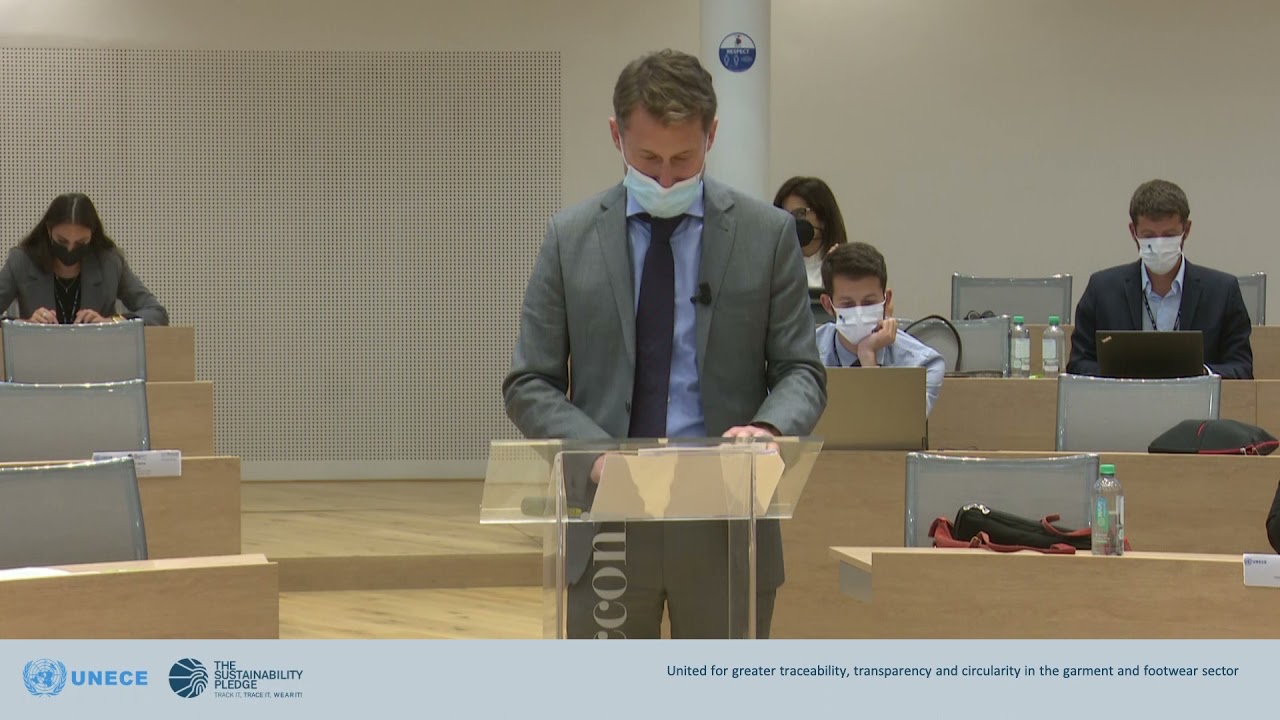A transition to circular economic models is key to improved sustainability in the garment and footwear sector – a shift that can be realised with verifiable production data, delivered through improved supply chain traceability and transparency.
A three-day training workshop, held on September 21, 22 and 23, is the first in a series of events that aim to provide industry stakeholders with the tools they need to drive action on sustainability and advance progress towards circular economy approaches on a national, regional and global scale. Attendees learned about the UN-brokered policy recommendations, implementation guidelines, an information exchange standard and call to action, known as ‘The Sustainability Pledge’, adopted at the 27th UN/CEFACT Plenary in April 2021 and how they can be applied in a real-world context.
The workshop was co-organized by the UNECE and SDA Bocconi School of Management, in conjunction with the project “Enhancing Traceability and Transparency for Sustainable and Circular Value Chains in Garment and Footwear”, jointly implemented with the UN’s International Trade Centre (ITC), with financial support from the European Union.
Click here to consult the detailed agenda.
ICS held a presentation during the “Module 4: Making t&t, sustainability and circularity work for small actors and vulnerable groups”, together with its partner the International Trade Centre (ITC).

